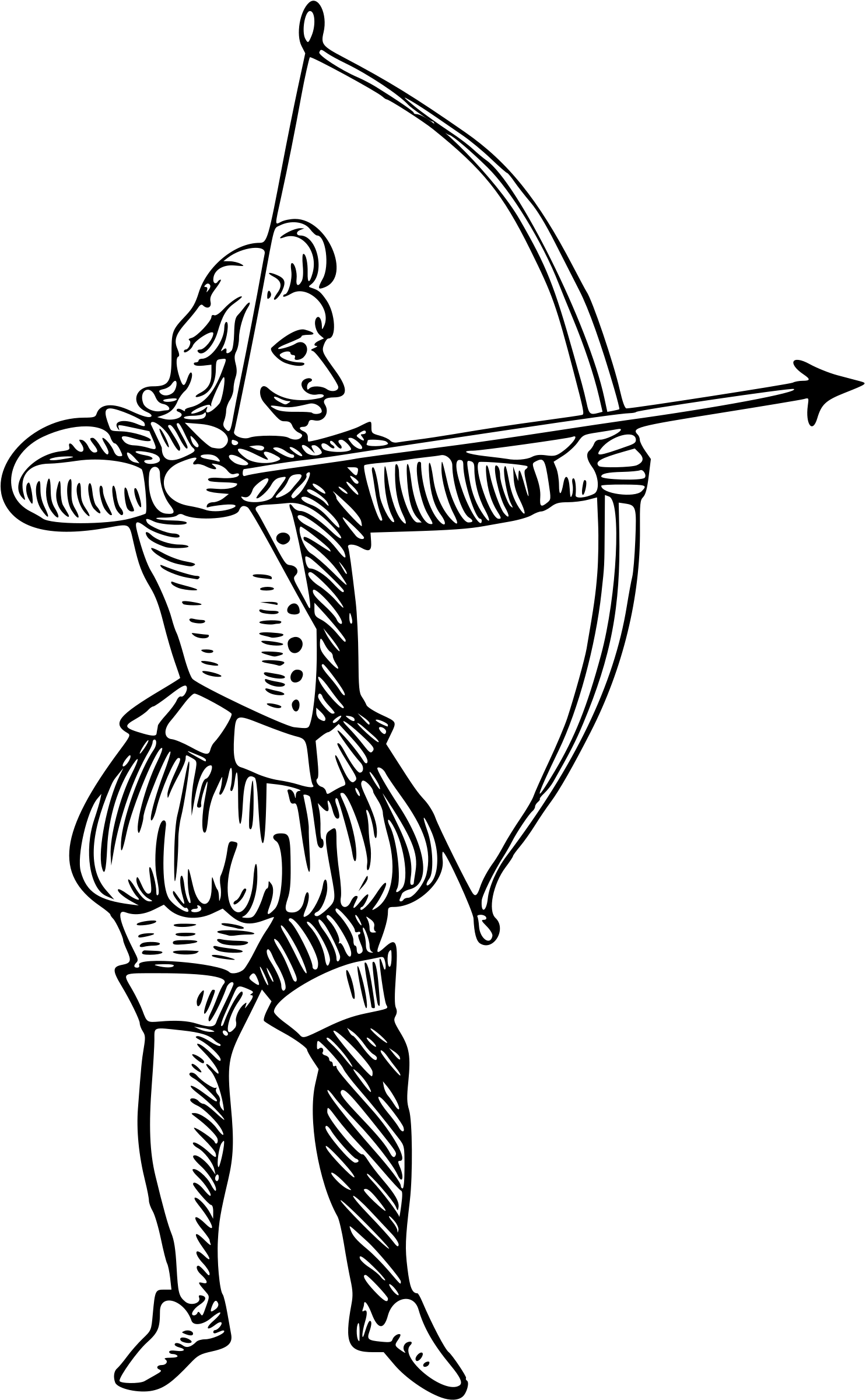I am really pleased everyone seemed to enjoy the activity. If I could re-do the lesson I would print out full lyrics for everyone and play the song itself. Thank you again friends for sharing some stuff about my home :)
Wednesday, October 18, 2017
Micro teaching
I am really pleased everyone seemed to enjoy the activity. If I could re-do the lesson I would print out full lyrics for everyone and play the song itself. Thank you again friends for sharing some stuff about my home :)
Monday, October 16, 2017
Battleground Schools
This article is based primary on two categorizations of mathematics; the progressive and the conservative. Of particular note, the progressive stance was said to use mathematics as a method for posing questions as opposed to a method for answering them in a more conservative stand point. When the difference between these two stances on mathematics education was made I found it interesting that in more conservative methods there was mention of a focus on remaining in control of students and how perhaps this focus on using math as a mechanism to force compliance is one of the reasons people feel disdain toward the subject. For this reason, the article seems to show clear bias for a more progressive stance in mathematics education.
This is also illustrated further in the article with mention of religious and traditionalist groups valuing this more authoritarian view of mathematics. It is certainly interesting that people have a tendency to lean toward one stance on mathematics education based on their political views. Certainly we should hope curriculum and schools are non-secular and make an effort to remain neutral to any particular political movements, even the progressive ones. I think there is still a lot of work to be done to bring about critical thinking in students and let them make political decisions and affiliations for themselves. In mathematics education, in any case, more autonomy is being given to the teacher to use different mechanisms for teaching a very technical but also abstract subject.
Just as these standards have been doubted by many, I imagine the new BC curriculum might also have a bit of a difficult time becoming the standard. In any case, it seems to be a step in the right direction.
 vs
vs 
This is also illustrated further in the article with mention of religious and traditionalist groups valuing this more authoritarian view of mathematics. It is certainly interesting that people have a tendency to lean toward one stance on mathematics education based on their political views. Certainly we should hope curriculum and schools are non-secular and make an effort to remain neutral to any particular political movements, even the progressive ones. I think there is still a lot of work to be done to bring about critical thinking in students and let them make political decisions and affiliations for themselves. In mathematics education, in any case, more autonomy is being given to the teacher to use different mechanisms for teaching a very technical but also abstract subject.
Just as these standards have been doubted by many, I imagine the new BC curriculum might also have a bit of a difficult time becoming the standard. In any case, it seems to be a step in the right direction.
 vs
vs 
Tuesday, October 10, 2017
Eisner
I think Eisner's analysis of the implicit and null curriculum outline a lot of changes that ought to be made in one's conceptualization and implementation of curriculum.
Implicit: In the first half of the paper Eisner illustrated the implicit consequences of schooling and how in a lot of ways these, as they are now, can harm childrens' ability to learn. In particular he spends a great deal of time talking about how we teach compliance instead of critical thinking and how this is connected to the values of structured schooling such as in well-known universities and other post-secondary institutions. As these sorts of institutions are dis-proportionally accessible to higher classes and give explicit merit in black and white intellectual capital this reflects schools' roll in systemically privileging people whom are already privileged. Something like a public school system should be designed as to help all students grow and learn such that they can use their competencies to engage with life and meet it's challenges.
One interesting thing that stood out to me was Eisner's use of sociological criticisms of technology as a metaphor with schooling. He also mentions how the arts are undervalued and efficiency and economy are the core values behind the design of current schools. In a society where technology is rapidly changing how we access content and how much labour is needed as we reach further automation there needs to be a shift in how we wish to use human capital. Soon we will reach a time where not all humans will need to work, or at the very least the work force will look very different, and for that reason Eisner argues that there needs to be a change in what we teach both explicitly and implicitly.
Null: This section discusses the consequences of neglecting to teach certain things within schools. In particular, the rigorous scheduling requirements for "core subjects" such as the Sciences and Language. When schooling is overly prescriptive then the implicit values of economy and efficiency compromise place for other values, such as art.
The new BC curriculum's aim appears to be to adopt similar ideals, looking to replace the intrinsic curriculum with inquiry and critical thinking and also trying to bring in multi-dimensional teaching settings in an effort to incorporate the arts within traditional subject matter. I think that some of the critiques raised by Eisner, such as precise scheduling, rewarding and expecting complacency, existence of extrinsic awards, among others, could be better addressed with further adjustments to this inquiry based curriculum.
Implicit: In the first half of the paper Eisner illustrated the implicit consequences of schooling and how in a lot of ways these, as they are now, can harm childrens' ability to learn. In particular he spends a great deal of time talking about how we teach compliance instead of critical thinking and how this is connected to the values of structured schooling such as in well-known universities and other post-secondary institutions. As these sorts of institutions are dis-proportionally accessible to higher classes and give explicit merit in black and white intellectual capital this reflects schools' roll in systemically privileging people whom are already privileged. Something like a public school system should be designed as to help all students grow and learn such that they can use their competencies to engage with life and meet it's challenges.
One interesting thing that stood out to me was Eisner's use of sociological criticisms of technology as a metaphor with schooling. He also mentions how the arts are undervalued and efficiency and economy are the core values behind the design of current schools. In a society where technology is rapidly changing how we access content and how much labour is needed as we reach further automation there needs to be a shift in how we wish to use human capital. Soon we will reach a time where not all humans will need to work, or at the very least the work force will look very different, and for that reason Eisner argues that there needs to be a change in what we teach both explicitly and implicitly.
Null: This section discusses the consequences of neglecting to teach certain things within schools. In particular, the rigorous scheduling requirements for "core subjects" such as the Sciences and Language. When schooling is overly prescriptive then the implicit values of economy and efficiency compromise place for other values, such as art.
The new BC curriculum's aim appears to be to adopt similar ideals, looking to replace the intrinsic curriculum with inquiry and critical thinking and also trying to bring in multi-dimensional teaching settings in an effort to incorporate the arts within traditional subject matter. I think that some of the critiques raised by Eisner, such as precise scheduling, rewarding and expecting complacency, existence of extrinsic awards, among others, could be better addressed with further adjustments to this inquiry based curriculum.
TPI
Unsurprisingly my TPI states that I lean toward the values of social reform and fostering a nurturing educational setting. I also seem to value the development over the transfer of knowledge and taking students as apprentices.
These results are no surprise to me. I chose to become a teacher mainly because I think a lot of the public institutions are made such that the same people are systematically marginalized and then blamed for their inability to contribute. I am very lucky to have intellectual capital and a support system that allowed me to reach this level of success, but not everyone in the same situation. I hope to level the playing field in my own microscopic way by providing all student a support system and encouraging critical thinking and thoughtful rebellion.
Subscribe to:
Posts (Atom)







